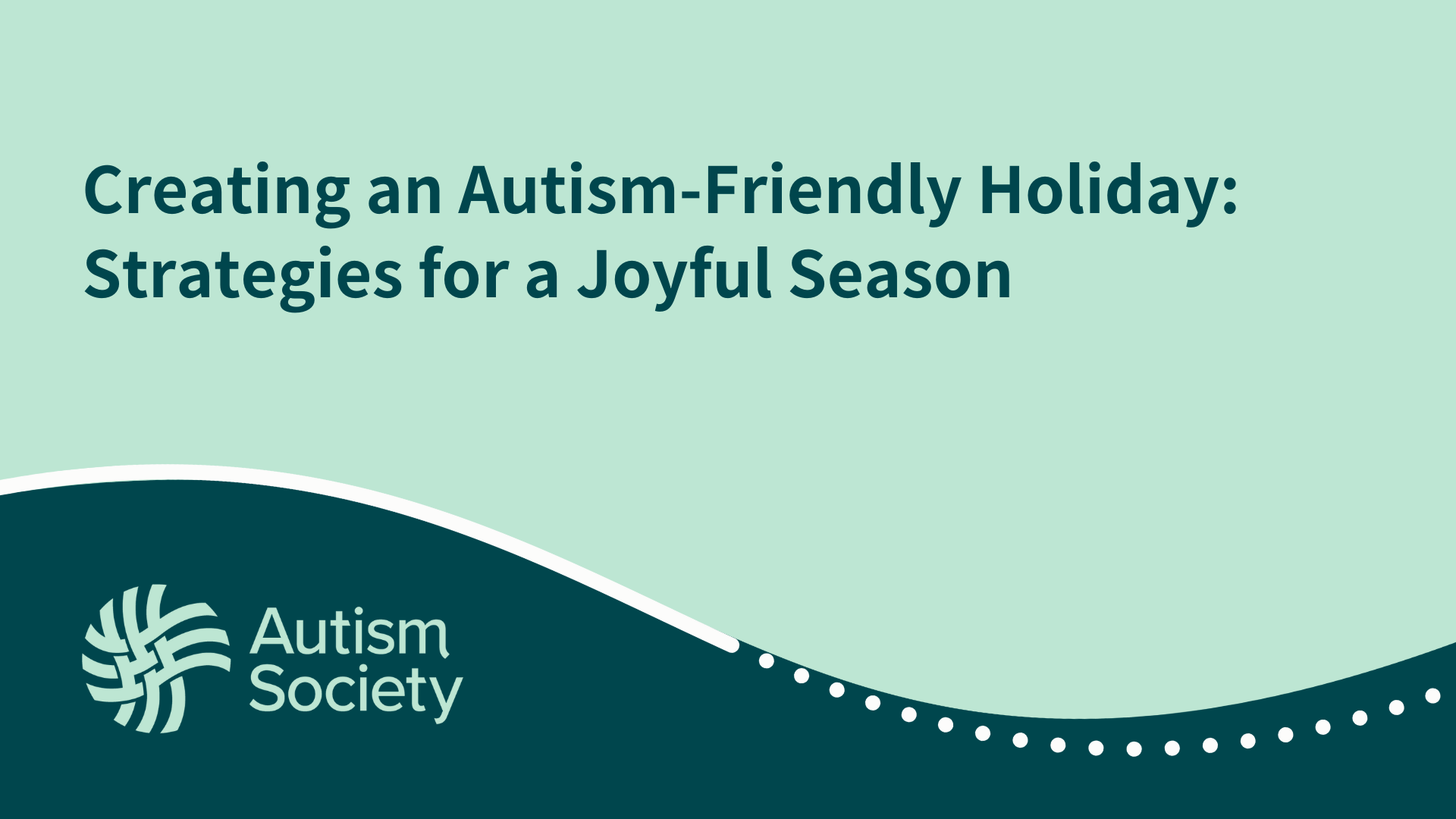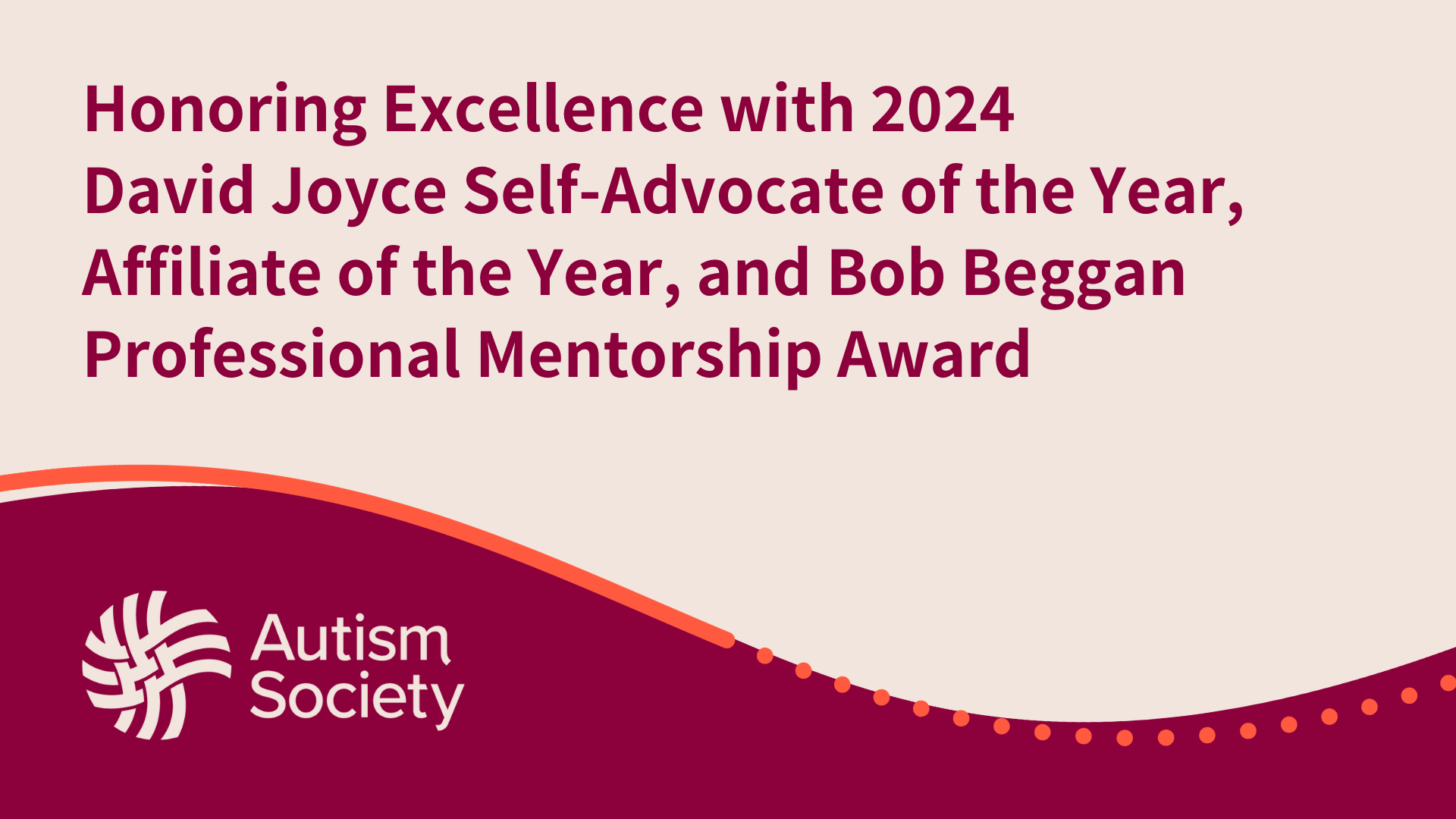
The holiday season brings a mix of excitement and challenges, with new foods, twinkling lights, disrupted routines, formal attire, travel, and interactions with friends or family who may not fully understand Autism. These changes can often feel more overwhelming than festive. For families, heightened anxiety and sensory overload can influence how you and your child navigate this time of year. However, by acknowledging these common stressors and proactively developing strategies to manage them, you can create a more enjoyable and meaningful holiday experience for everyone.
Sensory Overload
For individuals with heightened sensory sensitivity, elements like bright lights, crowded spaces, loud music, strong scents, and unfamiliar foods—or even slight changes to favorite dishes—can lead to overstimulation and dysregulation. Thoughtful planning can help mitigate these challenges and create a more comfortable environment. Each person with Autism perceives the world through their senses uniquely, so it’s important to tailor your approach. Consider the following strategies:
- Decorating: Be mindful of how lighting and displays might affect your loved one. Leaving parts of your home undecorated or gradually adding decorations over time can help ease the transition.
- Holiday Events: Prepare for activities like Christmas light shows or holiday parties by discussing what to expect, using social stories, and bringing sensory supports such as noise-canceling headphones, sunglasses, weighted blankets, or fidget toys. Designate a sensory break area if possible.
- Holiday Foods: Plan, prepare, and practice introducing new foods in low-pressure situations. Allow time for objections and preferences, as trying unfamiliar foods is often more successful outside of special events.
By considering these factors and creating a supportive atmosphere, you can help make the holiday season more enjoyable for everyone.
Routine/Schedule Disruption
Holidays often bring changes to schedules, travel plans, and gatherings, disrupting the routines that many Autistic individuals find comforting. Shifts in sleeping patterns, diet, or daily habits can increase anxiety and make it challenging to feel grounded and regulated. To navigate these changes effectively:
- Plan Ahead: Anticipate changes and provide as much information as possible in advance.
- Use Preparation Tools: Incorporate social stories, visual schedules, and pictorial calendars to help your loved one understand and anticipate upcoming events.
- Maintain Consistency: Stick to key routines whenever possible. Bring familiar items when traveling, adhere to a consistent bedtime routine, and ensure mealtimes include familiar foods.
- Practice in Advance: Rehearse events like travel or holiday gatherings to reduce uncertainty and build confidence.
These strategies can help create a sense of stability and ease during the holiday season.
Social Expectations, Interactions, and Events
The holiday season often involves more time with family and friends and participation in special events. These activities can demand increased use of social, conversational, and emotional regulation skills, leaving individuals with Autism feeling exhausted and overwhelmed. To help manage these challenges:
- Communicate Needs: Talk with family and friends about specific needs, supports, and boundaries. For example, request access to a quiet space for regulation when visiting someone’s home.
- Evaluate Activities: Consider skipping events that are too loud or crowded to avoid unnecessary stress.
- Set Expectations: Share your routine with others and emphasize the importance of minimizing unexpected or unscheduled visits or activities.
- Prepare for Social Settings: Use tools such as social stories or role-playing to prepare for situations like opening presents, attending religious services, or staying in hotels or unfamiliar homes.
These proactive steps can help reduce stress and create a more manageable and enjoyable holiday experience.
The holiday season often brings pressure to attend every event, maintain perfect decorations, and uphold traditions that may not suit the needs of Autistic individuals. However, fostering an inclusive and supportive holiday experience doesn’t require giving up cherished traditions or skipping celebrations. Small but meaningful adjustments—like setting boundaries, managing expectations, and preparing thoughtfully—can create a more peaceful and joyful atmosphere. By prioritizing your child’s unique needs and planning with their well-being in mind, you can make the holidays a brighter and more enjoyable time for the entire family.
Get connected to one-on-one support through our National Helpline. Speak with a trained Information & Referral (I&R) Specialist about resources and support options by calling 1.800.3AUTISM (328-8476) or visit us on-line.
Share:






